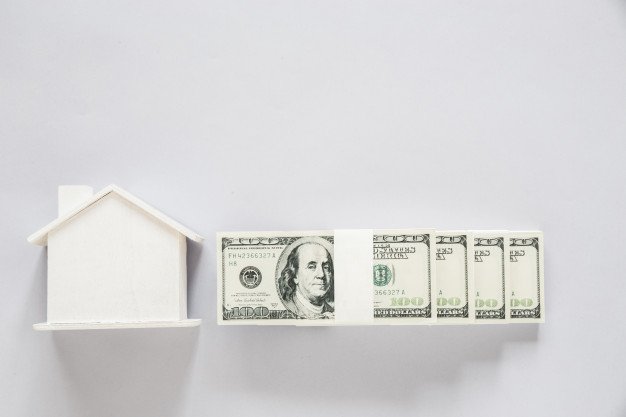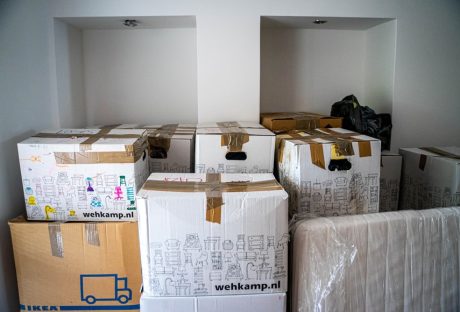First time homeowners have an exciting time ahead of them, as they scour the Internet and local resources to find their first dream home. Sure, there may be more than one dream home in a lifetime, but for now, it’s that first one you have to focus on. Many first time homeowners have dozens or even hundreds of smaller questions they ask themselves. Here are a few of the most 7 frequently asked questions by first time homeowners.
7 Frequently Asked Questions Of First Time Homeowners:
1. Should I get a fixed-rate or adjustable-rate mortgage:
Fixed-rate mortgages stay the same over the years, giving you a steady and predictable number to budget with. First time homeowners typically choose the stability of a fixed-rate mortgage, especially if current interest rates are very low. If they’re exceedingly high, though, it might be time to consider an adjustable-rate mortgage.
2. What will my down payment be?
The down payment is often one of the things about buying a home that makes first-time buyers so nervous. Often a down payment is substantially larger than any other purchase a first-time homebuyer has made up to that point. Thankfully, there are no down payment options today (no deposit Geelong), and FHA loans can go as low as 3.5%. Your down payment doesn’t have to be a deal-breaker. With such low – or even no – down payment options, now is the time to buy that first home.
3. What about fees?
Buying a home is more than your mortgage and down payment. There are legions of other fees to consider: home inspection fees, title search fees, escrow fees, etc. That’s just the shortlist. While it’s true that there are some fees associated with buying a home, they’re usually very reasonable, and there are buyer’s options today that didn’t exist in the past.
4. What about liens on the property?
Lien searches are common. The majority of first-time buyers are on alert for properties that have liens on them. They don’t want to get stuck with that type of property. A title search of the property will let you know if there are any liens on the property you’re interested in so that you can avoid a property if there’s a lien on it. Fortunately, these title searches aren’t too expensive these days, and if you choose a good agency, you’ll find that they handle this for you in their duties.
5. Am I ready to buy it?
Buying a home should cause some deliberate questioning of your lifestyle and job stability. Don’t consider these concerns to be overstated or something you simply shouldn’t worry about. Buying a home is a big deal. Make sure that you’re in a stable financial place in your life, that the mortgage will fit into your budget, and that you’re ready for a long-term financial responsibility. If you are, it’s time to buy.
Seniors who are also first time buyers can utilize a Reverse Mortgage to purchase. Learn more at reverse.mortgage.
6. Is my credit good enough?
Your credit will definitely play a part in your ability to buy a home for the first time. It will impact your interest rate as well. If you’re concerned about your credit score, the agency you’re using to buy your home can help you understand if you’re ready to buy yet. You can also get a credit score online in mere minutes. You’ll want to get your credit score from the three major credit reporting agencies: Equifax, TransUnion, and Experian.
7. How much will my down payment be?
It’s generally accepted that down payment for first time homeowners will be about 5-20% of the total price of the house and property. In some cases, depending on the type of loan you get, it might be even lower than that. Most happily, some agencies these days can give out no deposit options for first-time buyers. It’s this arrangement that is most ideal for some first-time buyers.
All of these questions are natural and necessary to ask before you buy a home for the first time. There’s a lot to learn and a lot to apply during the buying process. Make sure that you ask all of these questions, and still more, and communicate your concerns clearly with the agency you use to help you buy your first home.
Read Also:
- Buying Your First Home In St. Louis
- Your Buying Guide To Get Your Dream Luxury Home
- We Buy Houses Companies Saving Homeowners From Foreclosure
























